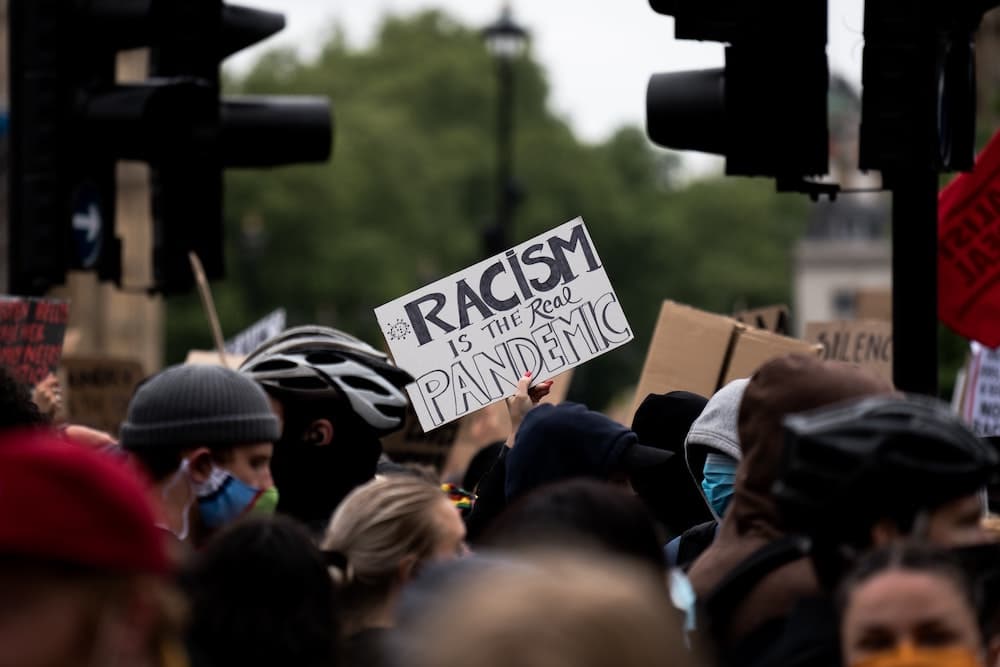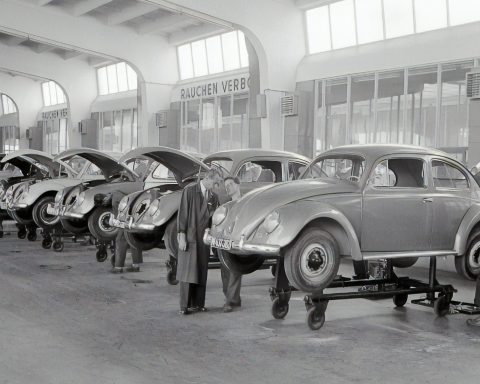 Sarah Evans is a retired GP, still offering hospice cover in Bedfordshire.
Sarah Evans is a retired GP, still offering hospice cover in Bedfordshire.
Public Health England’s review of the disproportionate number of deaths among people of black, Asian and minority heritage fails to identify or tackle the root causes, as reported in The Guardian.° Social inequality is now a hot topic, also discussed in The Times.° Matt Hancock’s slowness in coming up with a single practical proposal for saving black lives is an example of discrimination. In contrast, Swansea Medicine,° makes a commitment to do more to foster positive change and mutual respect. ”We stand together”, in the wake of the George Floyd killing.
We have, as a society, difficulty in naming prejudice.
Everyone of us in the health service has overheard unacceptable rudeness, sly put-downs, exclusion or smiling say-the-opposite-of what-you-mean British insincerity. Thirty years ago in Brixton and still now, I see people berate their professional carer or nurse when they are of Carribbean heritage. I see my non-white colleague meet an edge of hostility with some patients most days, while I am conferred authority and respect. A Kings Fund report,° last November, attempts to describe what discrimination looks and feels like. We often hurt and exclude someone unknowingly, even with the best of intentions. A thoughtless word, unhelpful language, where or with whom we choose to sit down.
Multiple and sustained micro-aggressions themselves may contribute to increased susceptibility to COVID. There is a clear mechanism: stress, cortisol, diabetes. Chronic stress also causes reduced immunity. A 2017 review° shows that small, often unintentional discriminations are linked to heart disease. Additionally, they result in unhealthy behaviours and act as barriers to care. Hahna Yoon° in the New York Times reports small prejudices can amount to “death by a thousand cuts”. These daily discriminations will exacerbate factors such as lower paid roles and overcrowding, but they also have their own direct effect on health, immunity and to susceptibility to the current COVID pandemic.
There is no mysterious genetic or melanin fault causing excess deaths among health workers of colour. It is the way we allow prejudice to fester in the fabric of NHS life.
Amanda Wright, on a BBC video,° reminds us that, like everyday sexism, discrimination may masquerade as friendly joshing but it is all our responsibilities to think about the impact our words have. As bystanders, we must learn to challenge such comments, to explore ideas or implications and not let the moment go by unacknowledged. Amanda and Hahna both show us how. We need to stand with them — silence is violence.
First, importantly, we need to acknowledge that it is happening. There is no mysterious genetic or melanin fault causing excess deaths among health workers of colour. It is the way we allow prejudice to fester in the fabric of NHS life.
Featured photo by James Eades on Unsplash









Sarah Evans, I am a black British person whose mother was an NHS throughout her entire career. I could write paragraphs thanking you for your clear, incisive, honest article about this massive and massively awkward elephant in the room. Instead I will express my response simply by saying I would like to hug you. Thank you.
To Sarah Evans if you are the person trying to contact Professor Julia Buckroyd could you please email me barbara@juliabuckroyd.co.uk as you did not leave a return email address for us to respond. Thanks